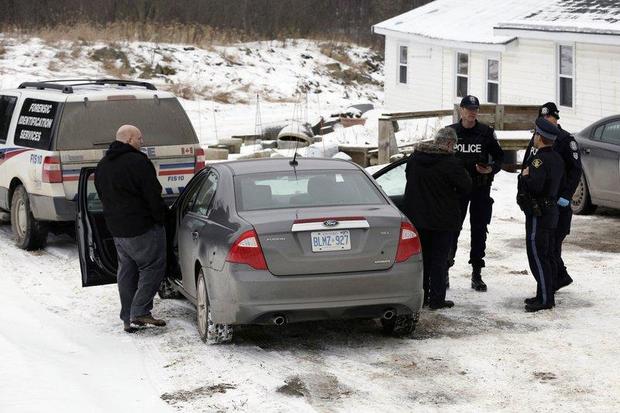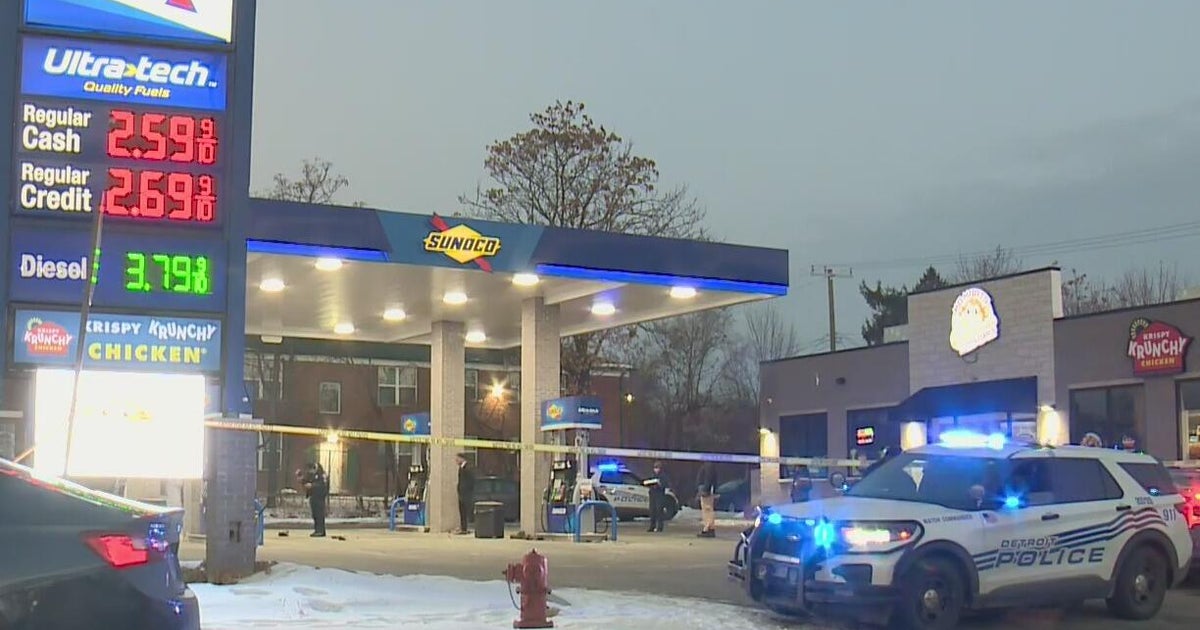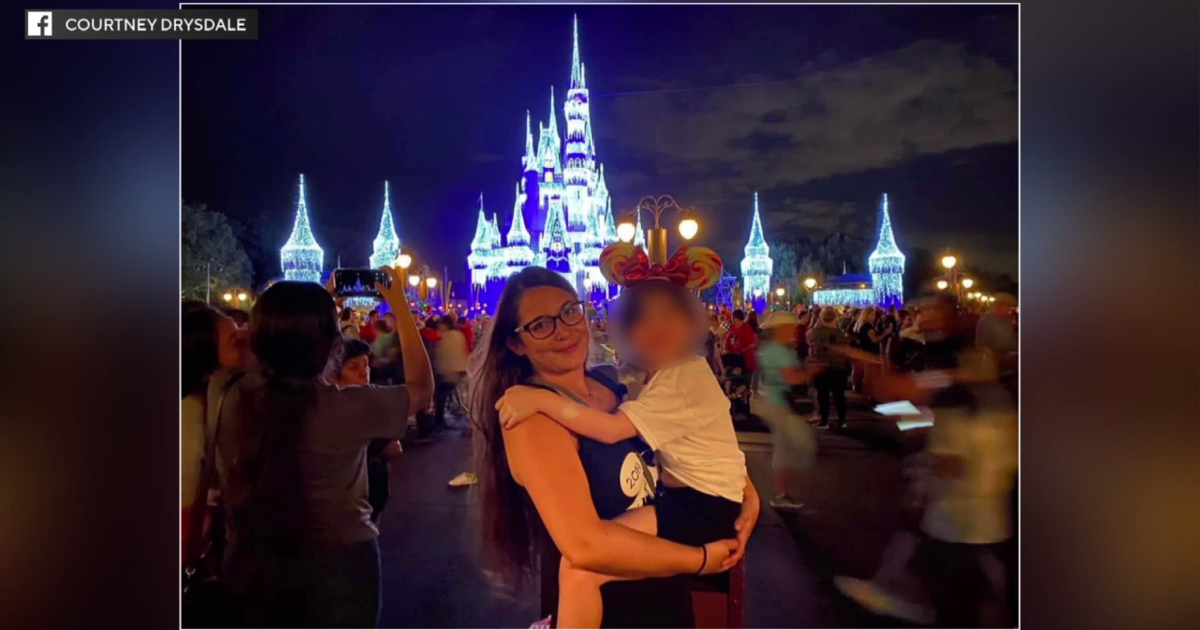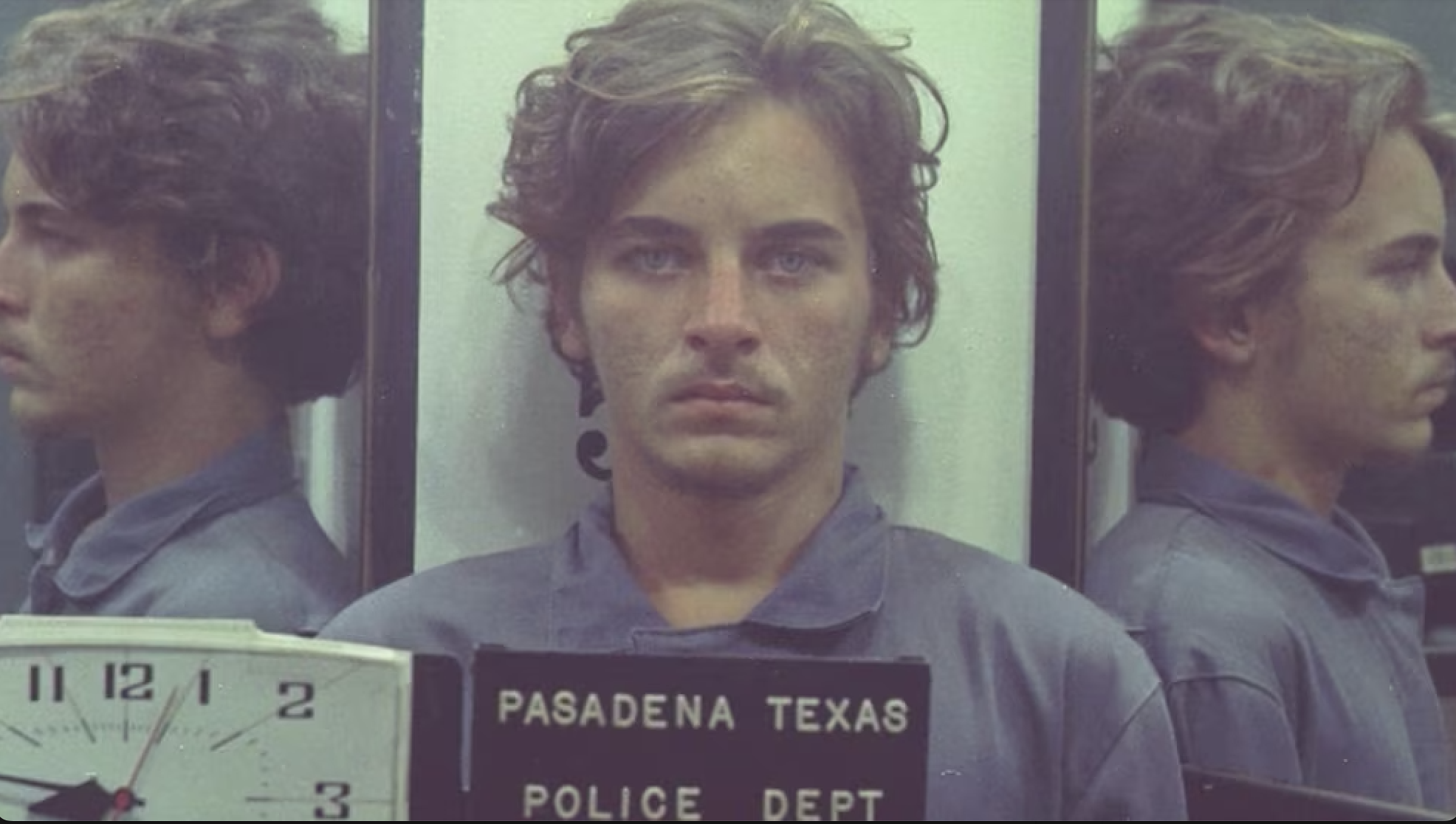Bruce McArthur, alleged Toronto serial killer, facing 7th murder charge
TORONTO - Alleged Toronto serial killer Bruce McArthur is now facing a seventh murder charge involving a missing man whose family initially thought he had abandoned his wife and two daughters. The prosecution said in the courthouse Wednesday that McArthur, a 66-year-old landscaper, has been charged with first-degree murder in the death of Abdulbasir Faizi, who was last seen in 2010.
McArthur appeared by video during the session.
Detective Sgt. Hank Idsinga said a press conference later that the remains of three more men, Selim Esen, Dean Lisowick and Faizi, have now been identified. McArthur had already been charged with the murders of Esen and Lisowick.
Police have been trying to identify the remains of at least seven men found at a property McArthur used as storage for his landscaping business. They say he targeted men he met through dating apps that cater to gay men, meeting them at bars in the "Gay Village" area of Toronto, as well as male prostitutes.
Investigators have identified six sets of remains so far -- 49-year-old Andrew Kinsman, 50-year-old Soroush Mahmudi, 40-year-old Skandaraj Navaratnam and now 44-year-old Esen, Faizi and Lisowick.
Idsinga said they are looking into another 15 other cold cases dating back to the 1975 but have not found a connection.
"We really don't know how deep this is going to go," Idsinga said.
Idsinga said 75 properties linked to the landscaper are under investigation. They plan to search them once the weather warms in early May.
A relative, who spoke on condition of anonymity due to a lack of permission from the family to speak publicly, said she is relieved Faizi's remains have been found.
"For me at least there's a sense of relief because he didn't abandon anyone. He didn't run away," she said.
An assistant machine operator at a printing company, Faizi went missing on Dec. 29, 2010. Trying to determine why, his Muslim family accessed his computer and was shocked to discover he had been secretly going to bathhouses in the Gay Village and was on gay dating apps for older and large men.
When they then went to police, officers suggested he had probably just left, the relative said. Faizi's wife divorced him, thinking he abandoned her and their two young daughters.
"She didn't know. He wasn't out. As far as she knows they were married and they were happy and he abandoned her and the daughters," she said.
But she said she always knew he didn't run away. "It didn't make sense. He didn't take his passport and he didn't take any money. It didn't make sense that police had this theory that he ran away," she said.
"I feel very guilty now because I didn't do enough."
Police set up a task force, Project Houston, in 2012 after Skandaraj Navaratnam, Majeed Kayhan and Faizi, an Afghan who immigrated to Canada from Iran, went missing. The three are South Asian or Middle Eastern and frequented gay bars in Toronto's Gay Village. McArthur was interviewed by police during that project but it was closed in 2014. McArthur is now charged with their murders and the murders of four other men.
Friends said McArthur employed and had a sexual relationship with Navaratnam.
Faizi's car was found a short distance from the house McArthur used as storage. Police believe Faizi knew McArthur prior to his death.
McArthur, who appeared wearing an orange jumpsuit, spoke in court only to say his name and acknowledge that he understood the charges against him. McArthur has not entered a plea. Edward Royle, a lawyer for McArthur, has previously declined to comment on the case and didn't immediately respond to messages for comment on Wednesday.
Police also released new photos of an unknown man they are trying to identify. They initially released a photo of the dead man last month and are working on tips they have received from the public.
Lisowick, a homeless prostitute who struggled with drugs, who was in his mid-40s, hadn't even been reported missing when police announced he was one of victims. Police believe he was killed in April 2016.
Police previously seized planters from houses McArthur worked at from around Toronto but found no remains in those planters.
About 20 investigators are working the case full time. Forensics officers continue to work at McArthur's apartment.




